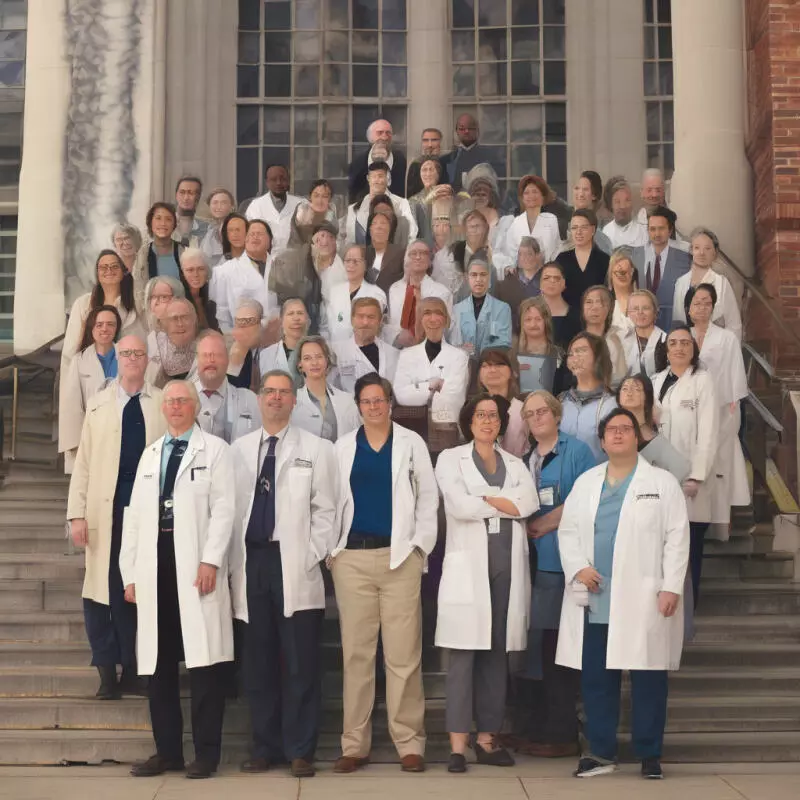Global Health Threats 2024: WHO Urges Action on COVID, Climate, Monkeypox

As we approach 2024, the World Health Organisation (WHO) has issued a stark warning about the global health threats we face. The uptake of COVID-19 vaccines among high-risk groups worldwide is alarmingly low, and the emergence of the new JN.1 coronavirus strain, monkeypox in central Africa, and the spread of mosquito-borne diseases due to climate change are all causes for concern.
Dr Maria Van Kerkhove, an expert on infectious diseases at the WHO, expressed her frustration at the lack of vaccine coverage in high-risk groups. Despite the availability of effective solutions to prevent severe disease and death from COVID-19 and influenza, they are not being utilized to their full potential.
Climate change is also playing a significant role in the spread of infectious diseases. Dr Van Kerkhove cited the example of Dengue fever, a mosquito-borne virus, which is now being transmitted in countries like Italy that have never experienced it before. The situation is not a theoretical risk for the future but a present reality that needs immediate attention.
Another health threat is the outbreak of monkeypox virus in the Democratic Republic of the Congo. The virus, which has two types, Clade I and Clade II, is now spreading efficiently within sexual networks. Clade I, with a higher mortality rate of around 10%, is a particular concern.
In addition to these threats, the ongoing conflicts in Ukraine-Russia and Israel-Hamas, along with other underreported wars worldwide, are creating conditions conducive to the spread of infectious diseases. The lack of access to clean water, food, and proper waste systems in war zones, coupled with the fear and threat people face, exacerbates the risk of disease spread.
Four years after the onset of the COVID-19 pandemic, the world’s preparedness for another pandemic is a mixed bag. On the positive side, advancements in surveillance, testing, and sequencing of new threats, infection prevention, and community health work have put us in a better position. However, declining trust in the world, attacks on science and scientists, and the politicization of COVID-19 are concerning factors. Dr Van Kerkhove also raised concerns about countries being less willing to report a new pathogen due to financial and political incentives. These issues could potentially leave us worse off than we were four years ago.
